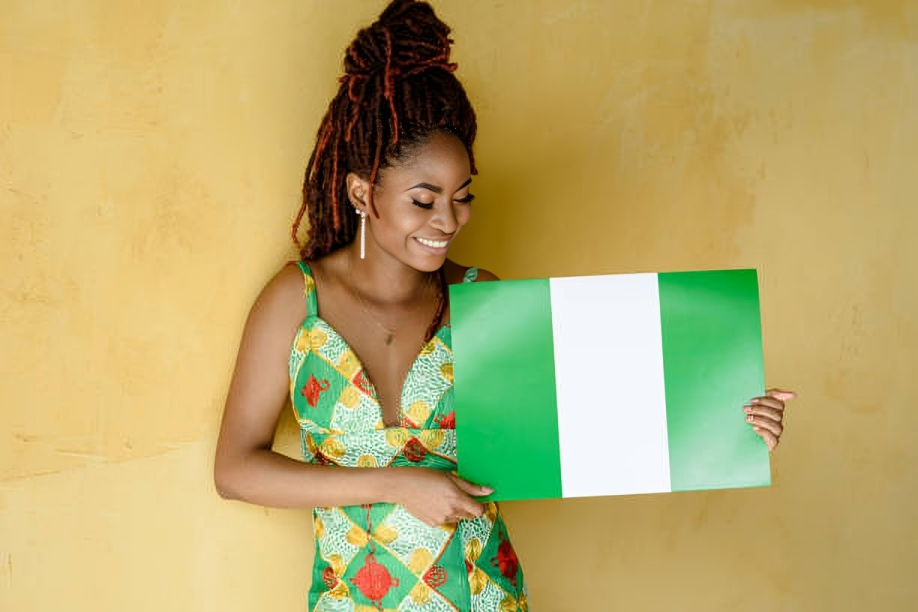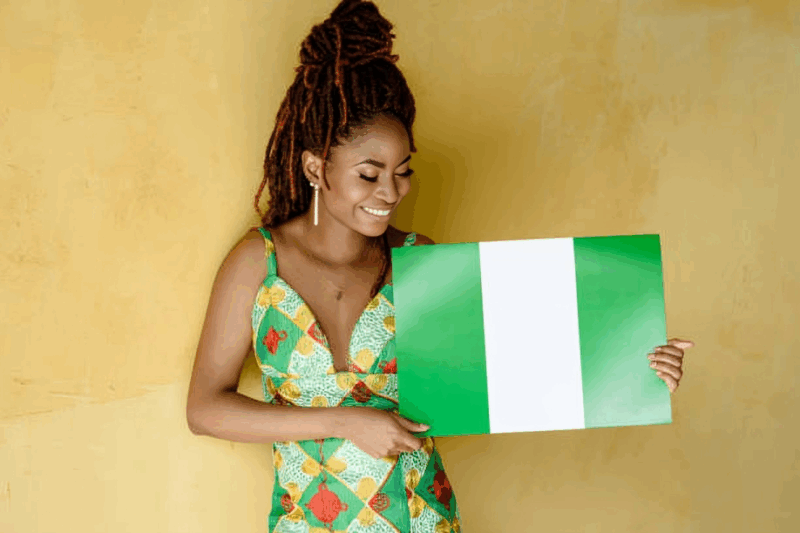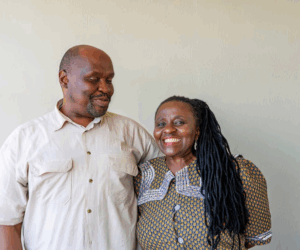
Every 1st of October, Nigeria turns green and white and somehow gains attention all over the world. There are parades on TV, speeches, special prayers, a series of march pasts, and, of course, endless Independence Day posts on social media.
For the older generations, Independence Day is a reminder of 1960, the year Nigeria gained freedom from British colonial rule. For them, independence is history lived.
But for those of us born after the year 2000, Independence is not a memory. For us, it is an inheritance. We did not witness colonialism nor the early years of self-governance.
What we know of Nigeria’s struggle for freedom comes from civic education and history classes, grandparents’ stories, the internet and maybe one or two documentaries we might have seen. Our knowledge of independence, therefore, has always been second-hand.
Yet, it does not mean that we do not attach any meaning to it. For us, Gen Z Nigerians, Independence has a modern definition. One that can be said to have been shaped by the challenges and possibilities of our era.
To understand what it truly means to us, I spoke with a few of my peers about how they interpret freedom in this present day and time.
Nigeria’s Independence through Gen Z’s lens
Michael Babayemi, a youth corper in Imo state, believes that independence holds no meaning.
“Independence, to me, while growing up, meant freedom from the colonial masters. But we are still heavily dependent on them in a subtle way, while we claim independence in an apparent way.
Take a look at it from this angle; Our finest still “japa” to the ones we claimed to have gained independence from, and go there to become dependent on them, while the ones back here still wait until there is an importation of certain vaccines and medications to cure them from certain ailments.”
Fashion stylist in Lagos, Tomisin Akinsanya, said, “For me, independence should mean freedom and security. But right now, with all the insecurity, unemployment, and poor governance we are currently experiencing in the country, it doesn’t feel like we are truly free. It just feels like we are independently suffering.”
For Adenike Olatunji, a fresh graduate, independence is a constant reminder of freedom from the British government. “We should celebrate every year, but as a generation, we should also rewrite Nigeria’s story with our hands.”
“I see independence as being able to express myself. Whether it is through creating as an entrepreneur that I am or even through Twitter banter, we should be able to own our voices. But it can also be tricky. Freedom of speech is sometimes tested. I think independence today means protecting that space where we as young people can be heard.” says Victor Folarin.
Gen Zs redefining Independence
All of these definitions deeply resonate in an era where Nigerian youths are driving global conversations, from creatives making it big on the global stage to even activism on social media. For this generation, independence is not just political; it is creative as well.
For young Nigerians born after the year 2000, like myself, independence is not only about history. It is about whether today’s Nigeria gives us freedom to dream, to speak, to create, and to finally live our dreams fully.
Independence, for us, is as much about personal freedom as it is about national pride. We are constantly finding light in a country that feels dark. We are the generation that will not sit quietly and fold arms while things go amiss.
We will create, innovate, and we will carry Nigeria on our backs, whether the system supports us or not, because independence is not just another date in history. It is a daily choice to keep believing in Nigeria, while also shaping a future we can truly and proudly call our own.








